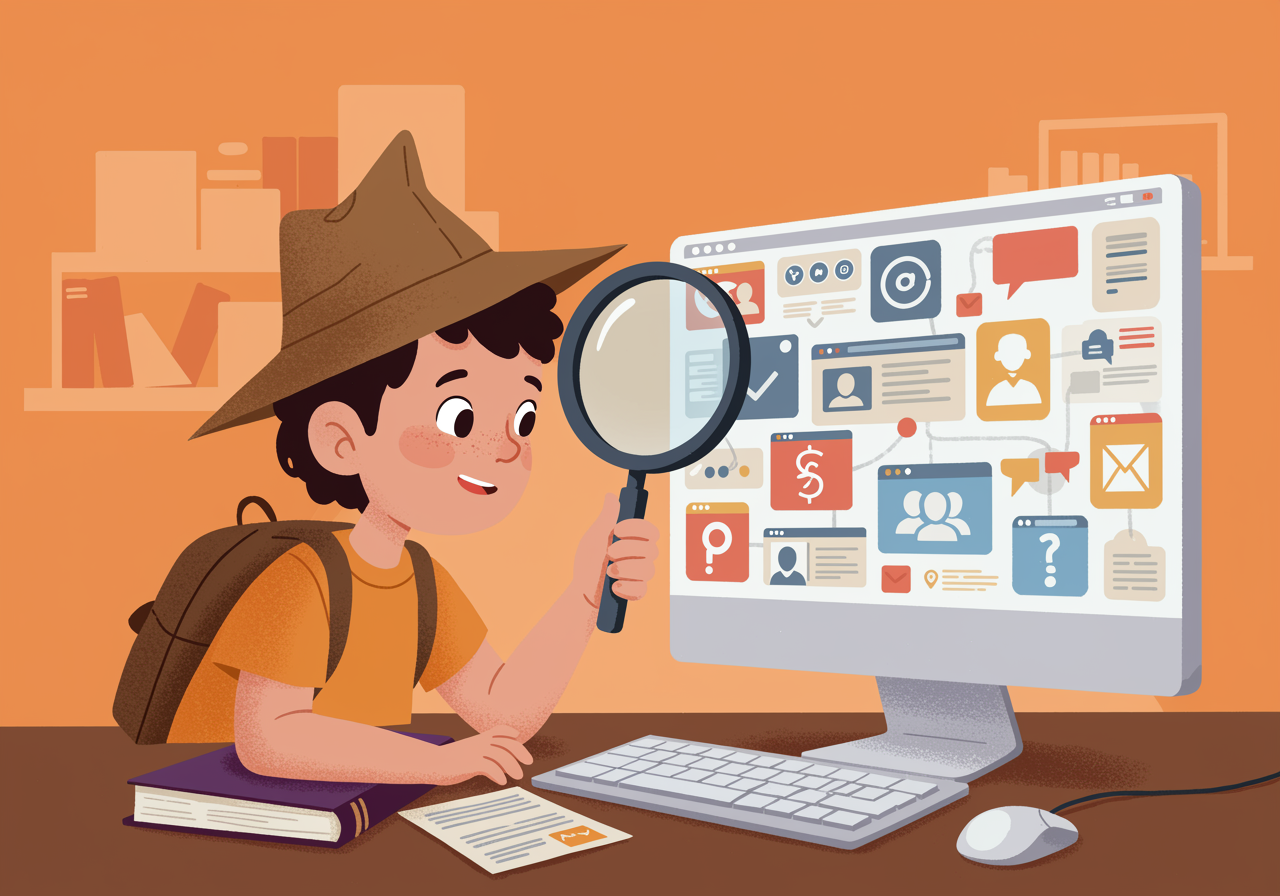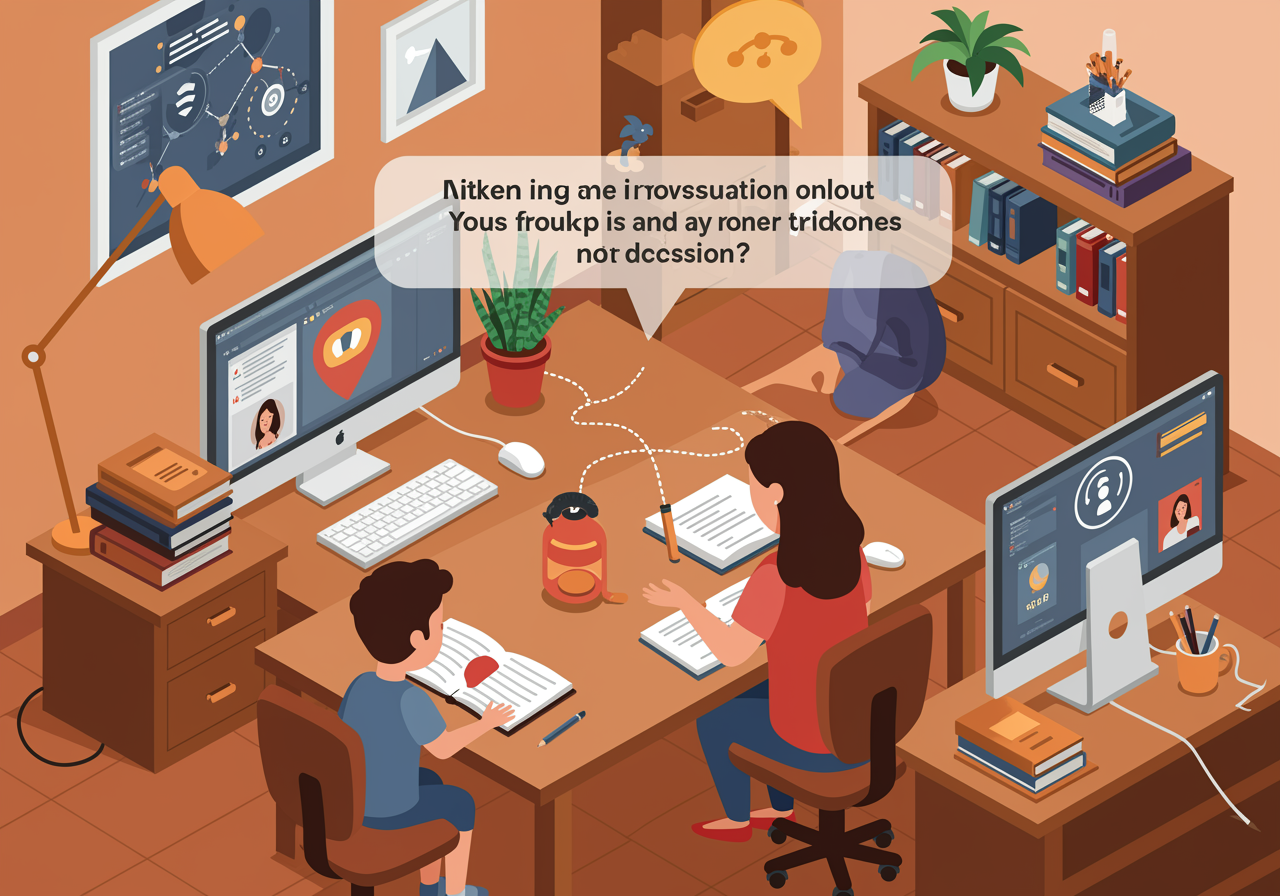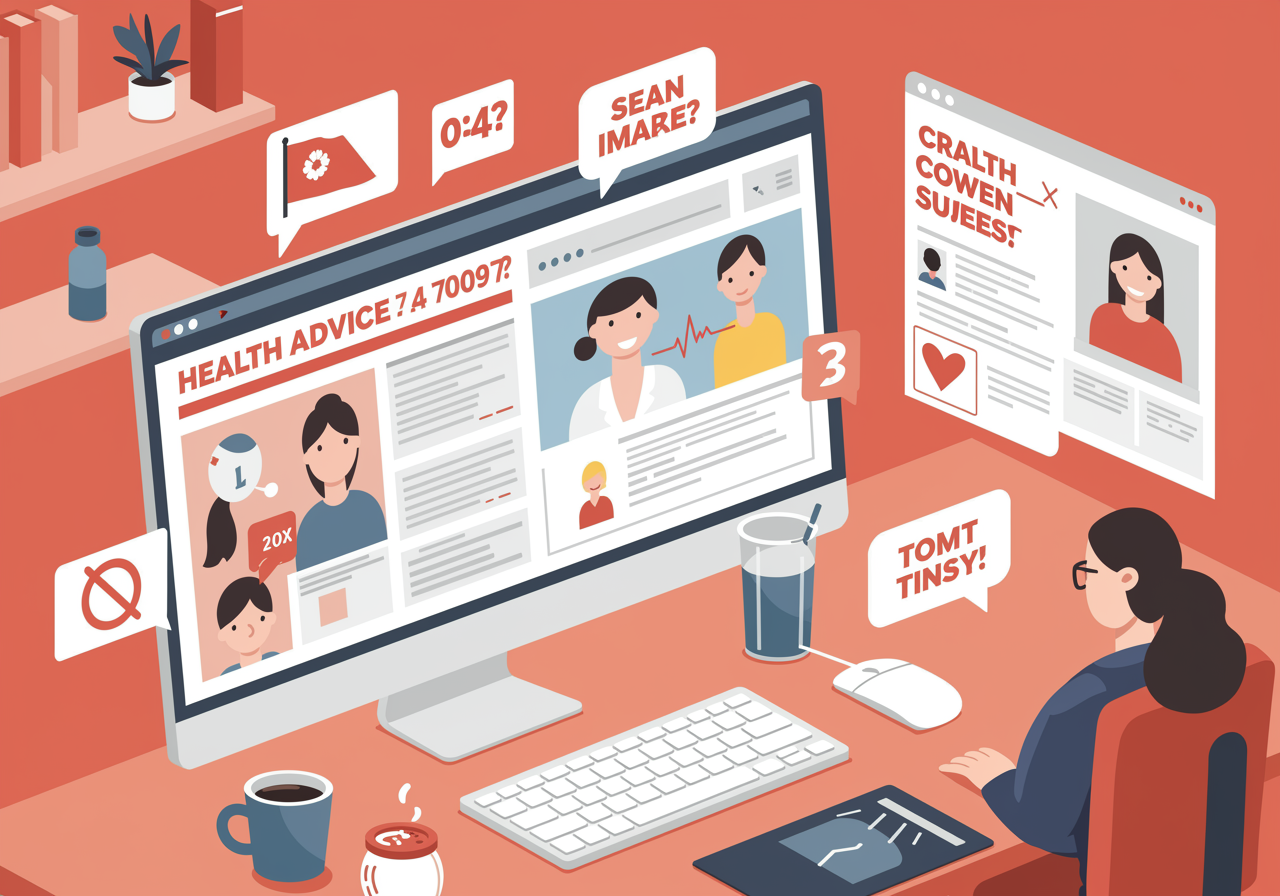The Internet Detective: When Websites Tell the Truth (And When They Don’t!)
Discover why we trust websites with our biggest questions and what happens when they let us down
Join your child on an exciting journey to become digital detectives and learn how to spot trustworthy websites from the tricksters!
Overview
Think about it: when your child needs to know ANYTHING – from 'What's the capital of Mongolia?' to 'How do I treat a bee sting?' – where do they go first? The internet! Websites have become our digital librarians, news reporters, and even doctors all rolled into one. But here's the wild part: anyone can create a website and claim to be an expert. This means your child is navigating a world where helpful facts mix with confusing opinions and sometimes even dangerous lies. Teaching them to be smart digital detectives isn't just useful – it's essential for their safety and success.

Understand in 30 Seconds
Get up to speed quickly
- Speed vs. Accuracy Trade-off: Websites give us instant answers, but fast doesn't always mean correct. It's like having a friend who talks really confidently but isn't always right!
- The Trust Problem: When we can't trust website information, people make bad decisions about health, money, and safety. Imagine following GPS directions from someone who's never been where you're going.
- Information Overload: There are billions of websites, and search engines try to guess which ones are best. Sometimes they guess wrong, and misleading information appears first.
- Real-World Consequences: False information online can cause people to panic during emergencies, try dangerous home remedies, or believe conspiracy theories that hurt communities.
Real Life Scenario
Situations you can relate to
Imagine you're lost in a huge city and need directions to the train station. You could ask anyone on the street, right? Some people might be locals who know exactly where to go. Others might be tourists just as lost as you. A few might even give you wrong directions on purpose as a mean joke! Websites work the same way. When you search 'How to get rid of hiccups,' you'll find advice from doctors, random people sharing what worked for them, and maybe even pranksters suggesting you stand on your head for an hour. The tricky part? They all look equally official on your screen. Just like you'd rather ask a police officer for directions than a random stranger, you want to get your information from trustworthy sources. But how can you tell the difference when they're all just text on a screen?

Role Play
Spark a conversation with “what if” scenarios
What if you had to fact-check a viral social media post about a 'miracle cure' for headaches?
- Role play: Take turns being the fact-checker and the person who shared the post. The fact-checker asks questions like 'Where did this information come from?' and 'What do doctors say about this?' Practice identifying red flags together.
What if you were a website trying to convince people you're trustworthy when you're actually not?
- Role play: One person creates a fake 'expert' website about something silly (like why cats should wear shoes), while the other person plays detective, asking questions that would expose the fake credentials and made-up facts.
What if you had to choose between two websites with completely opposite information about the same topic?
- Role play: Present two conflicting 'websites' (you can make them up) about something fun like 'the best way to eat pizza.' Practice comparing sources, looking for evidence, and discussing why people might disagree.
FAQs
Frequently asked questions people want to know
How can I tell if a website is trustworthy?
Look for the author's credentials, check if they cite their sources, see if the website has contact information, and notice if the URL ends in .edu, .gov, or belongs to a known organization.
Why do fake websites exist?
Some people create misleading websites to make money from ads, sell products, push political views, or sometimes just to cause chaos and confusion.
What should I do if I find conflicting information on different websites?
Look for multiple reliable sources, check what experts in that field say, and don't be afraid to ask a trusted adult or teacher for help sorting through the information.
Examples in the Wild
See how this works day to day
- During the COVID-19 pandemic, false information about 'miracle cures' spread rapidly on social media, leading some people to try dangerous home remedies instead of seeking proper medical care. (World Health Organization COVID-19 Infodemic Reports)
- In 2023, AI-generated fake images of disasters and emergencies spread on social media, causing unnecessary panic and confusion about real events. (Reuters Fact Check Team Annual Report)
- False information about vaccine ingredients has led to decreased vaccination rates in some communities, resulting in outbreaks of preventable diseases like measles. (Centers for Disease Control and Prevention (CDC))
- Misleading financial advice websites have convinced people to invest in fake cryptocurrency schemes, resulting in millions of dollars in losses. (Federal Trade Commission Consumer Reports)
In Summary
What you should know before you start
- Websites are incredibly convenient but not automatically trustworthy – anyone can publish anything online
- False information can have real consequences for health, safety, and important decisions
- Learning to identify reliable sources is like developing a superpower for the digital age
- When in doubt, cross-check information with multiple trustworthy sources and ask experts
Pro-tip for Parents
You got this!
If your child seems overwhelmed by conflicting information online, start with topics they care about but that aren't high-stakes – like sports statistics or movie trivia. Practice fact-checking together on fun topics first, so when they encounter more serious misinformation, they'll already have the detective skills they need. Remember, the goal isn't to make them paranoid about every website, but to help them think critically and ask good questions.

Keep an Eye Out For
Find these examples in everyday life
- Breaking news stories where early reports turn out to be wrong – great teaching moments about waiting for verified information
- Viral social media posts or videos that seem too crazy to be true – perfect for practicing fact-checking skills together
- When your child mentions learning something surprising online – ask where they found it and explore the source together
Explore Beyond
Look up these related research topics
- How algorithms decide what information we see first on search engines and social media
- The psychology of why people believe and share false information
- How journalists and scientists verify information before publishing it